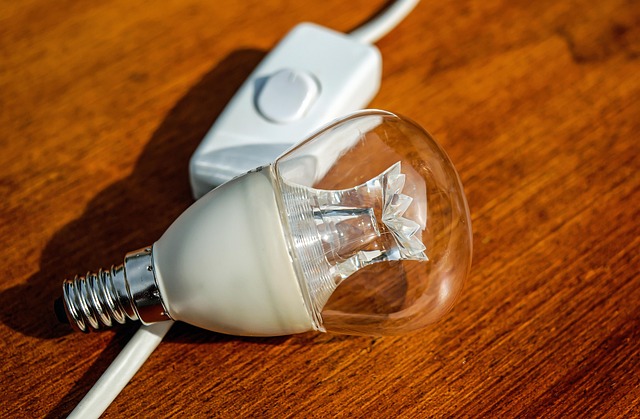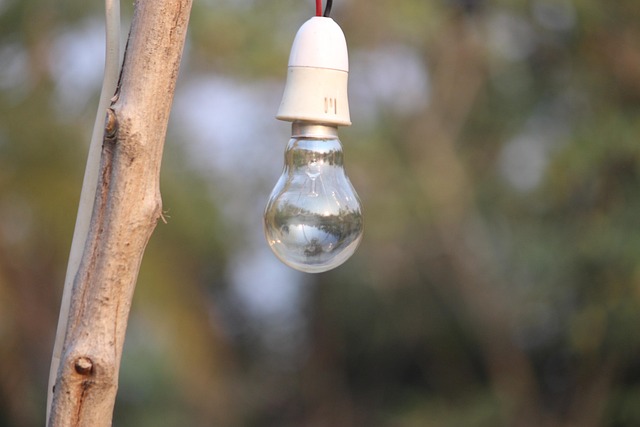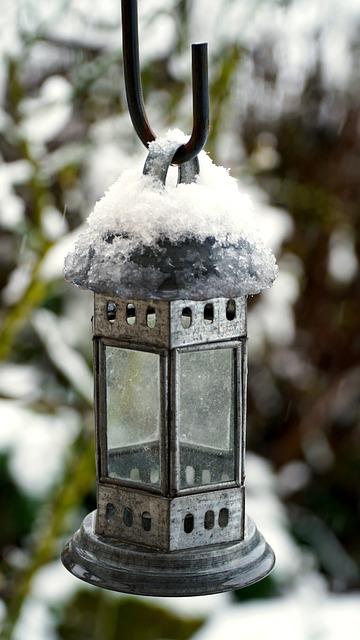Evaluating smoke alarm wiring in Eugene, OR homes is a critical part of electrical inspections. Inspectors verify secure wiring connections, assess aging and types, and ensure interconnection for a unified warning system. Issues like exposed wires, outdated systems, and faulty installations are identified to maintain safety, especially in harsh weather conditions, by ensuring reliable power supply and consistent functionality.
“In Eugene, Oregon, a comprehensive home electrical inspection is an essential step towards ensuring safety and peace of mind. This article guides you through the critical aspects of evaluating your home’s electrical systems, with a specific focus on smoke alarm wiring safety. We’ll explore understanding complex electrical networks, identifying hidden hazards, and modernizing outdated circuits to meet current safety standards. By following our comprehensive checklist, you can enhance your home’s security, particularly regarding smoke alarm functionality.”
- Evaluating Smoke Alarm Wiring Safety
- Understanding Home Electrical Systems
- Identifying Potential Wiring Hazards
- Testing and Upgrading Old Circuits
- Ensuring Safe Electrical Connections
Evaluating Smoke Alarm Wiring Safety

Evaluating Smoke Alarm Wiring Safety is a critical component of any comprehensive home electrical inspection in Eugene, OR. It’s essential to ensure that smoke alarms are properly wired and connected to a reliable power source to guarantee their functionality during emergency situations. During an inspection, look for signs of secure wiring, checking both the main supply and each alarm’s individual circuit. Any exposed wires or loose connections should be addressed immediately.
Additionally, verify that all smoke alarms are interconnected, allowing them to communicate with one another. This ensures that if one alarm triggers, they all will, providing a comprehensive warning throughout the home. Professional inspectors will also assess the type of wiring used and its age, recommending upgrades if needed to meet current safety standards and enhance the overall electrical system’s reliability.
Understanding Home Electrical Systems

Understanding home electrical systems is crucial for a comprehensive inspection. Electrical panels act as the central hub, distributing power to various outlets and appliances throughout your Eugene, OR home. Wiring, often hidden behind walls, connects these components, including essential safety features like smoke alarm wiring. A qualified inspector will meticulously examine all visible and accessible wiring, checking for proper routing, secure connections, and adherence to local building codes. They’ll also assess the condition of outlets, switches, and fixtures, ensuring they function safely and efficiently.
Identifying Potential Wiring Hazards

Home electrical inspections in Eugene, OR, often reveal potential hazards that can pose significant risks. One critical area to focus on is smoke alarm wiring. Smoke alarms are vital safety features designed to alert residents of a fire. However, faulty wiring or outdated systems can compromise their effectiveness. Inspectors look for signs of damaged or exposed wires, improper installation, and outdated smoke alarm models that may not meet current safety standards.
During an inspection, pay close attention to the smoke alarm’s power source and wiring. Ensure that the alarms are hardwired into the home’s electrical system and connected to a backup battery in case of power outages. Regular testing and maintenance are essential; inspectors will check for proper functionality and replace any batteries that show signs of corrosion or expiration. Identifying and addressing these potential wiring hazards is crucial for ensuring the safety and security of your Eugene, OR, home.
Testing and Upgrading Old Circuits

Old circuits in a home, especially those installed before the 1980s, may need special attention during an electrical inspection. These circuits often rely on outdated wiring and components that can pose safety risks. Testing and upgrading these systems is crucial to ensure they meet modern safety standards.
One key area to focus on is smoke alarm wiring. Outdated circuits might not support the latest smoke detectors, which require specific voltage levels and connectivity. An inspector should verify that the home’s electrical system can power these devices adequately and that the wiring is safe for use with advanced smoke alarm technology. Upgrading old circuits not only enhances safety but also prepares the home for potential future improvements and increases its overall value.
Ensuring Safe Electrical Connections

Ensuring safe electrical connections is a crucial aspect of any comprehensive home inspection, especially in areas like Eugene, OR, where harsh weather conditions can impact wiring over time. One critical component to check is the smoke alarm wiring. Properly installed and maintained smoke alarms are vital for early fire detection, potentially saving lives. During an inspection, examiners should verify that these devices are hardwired into the main electrical panel, ensuring reliable power supply and consistent functionality.
Regular testing and replacement of batteries are essential, but the physical connection to the home’s wiring is equally important. Corroded or loose connections can lead to false alarms or, worse, a smoke alarm that fails to sound during an emergency. Inspectors should look for signs of wear and tear, including damaged insulation or exposed wires, which could indicate potential hazards and prompt recommendations for immediate repair or replacement.
